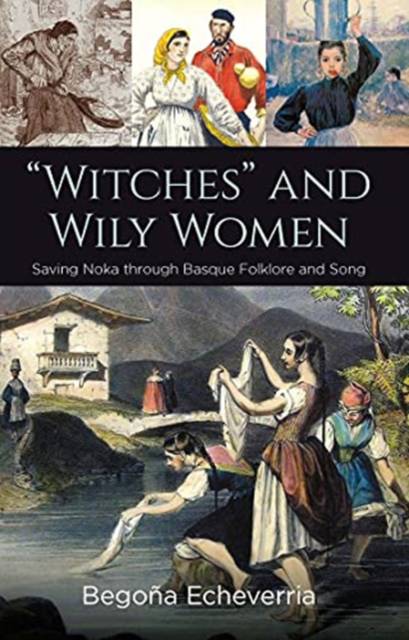
- Afhalen na 1 uur in een winkel met voorraad
- Gratis thuislevering in België vanaf € 30
- Ruim aanbod met 7 miljoen producten
- Afhalen na 1 uur in een winkel met voorraad
- Gratis thuislevering in België vanaf € 30
- Ruim aanbod met 7 miljoen producten
Zoeken
€ 41,45
+ 82 punten
Omschrijving
A passionate and enlightened defense of noka, the second person familiar pronoun for a female addressee in the Basque language ("Euskera"), this book provides unique insights into Basque culture, language, and gender. These insights may otherwise be lost forever, as noka is disappearing from speech. Echeverria shows how noka became marginalized, and illustrates the vibrant sociolinguistic life noka has led over 500 hundred years of Basque history. By uncovering this rich legacy for the first time in one monograph, and contributing original lyrics using noka of her own, Echeverria hopes to increase awareness of noka and the surprising stories it tells--and perhaps revitalize noka use. In addition to specialists in Basque studies and endangered languages, this book's broad scope and unique methodological approach should interest readers in gender studies, folklore, folksong, linguistics, and anthropology.
Specificaties
Betrokkenen
- Auteur(s):
- Uitgeverij:
Inhoud
- Aantal bladzijden:
- 272
- Taal:
- Engels
- Reeks:
- Reeksnummer:
- nr. 16
Eigenschappen
- Productcode (EAN):
- 9781949805352
- Verschijningsdatum:
- 28/02/2020
- Uitvoering:
- Paperback
- Formaat:
- Trade paperback (VS)
- Afmetingen:
- 142 mm x 214 mm
- Gewicht:
- 376 g

Alleen bij Standaard Boekhandel
+ 82 punten op je klantenkaart van Standaard Boekhandel
Beoordelingen
We publiceren alleen reviews die voldoen aan de voorwaarden voor reviews. Bekijk onze voorwaarden voor reviews.







